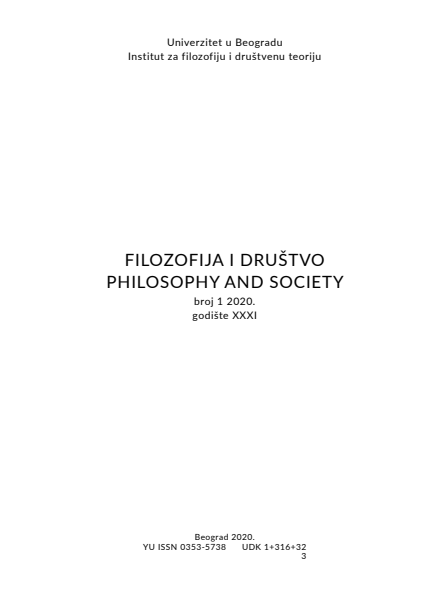SOCIAL EPISTEMIC INEQUALITIES, REDUNDANCY AND EPISTEMIC RELIABILITY IN GOVERNANCE
SOCIAL EPISTEMIC INEQUALITIES, REDUNDANCY AND EPISTEMIC RELIABILITY IN GOVERNANCE
Author(s): Marko-Luka ZubčićSubject(s): Philosophy, Book-Review
Published by: Institut za filozofiju i društvenu teoriju
Keywords: institutions; experts; disagreement; virtue; governance
Summary/Abstract: In this paper I argue that social epistemic inequalities, exemplified by expert structures and their introduction into various social and political processes, may be a collective epistemic virtue only if they are discovered under the conditions of free possibility of redundant disagreement. In the first part of the paper, following Snježana Prijić Samaržija’s work in Democracy and Truth, I explicate the epistemic value of social epistemic inequalities, and address the epistemic defectiveness of both the complete social disregard for any expertize (flat epistemology) and the rule of experts. In the second part of the paper, I argue that social epistemic inequalities governing a large and complex population of epistemically suboptimal agents may be a collective epistemic virtue, reflective of discovery of epistemically reliable processes, if they can be contested and, in principle, withstand redundant disagreement.
Journal: Filozofija i društvo
- Issue Year: 31/2020
- Issue No: 1
- Page Range: 43-55
- Page Count: 13
- Language: English

